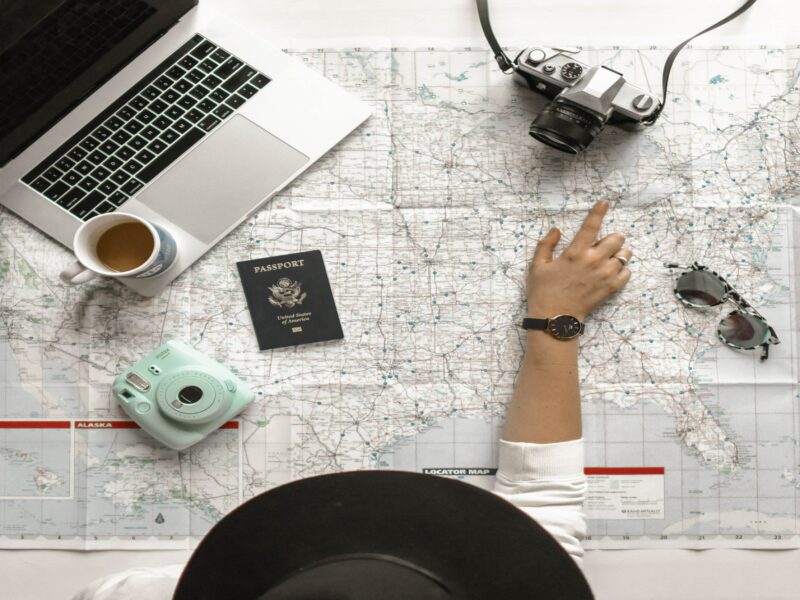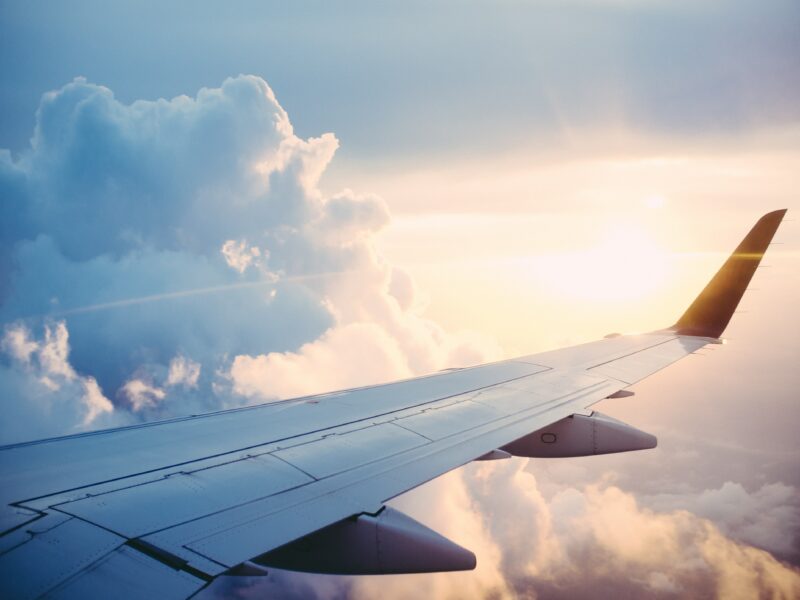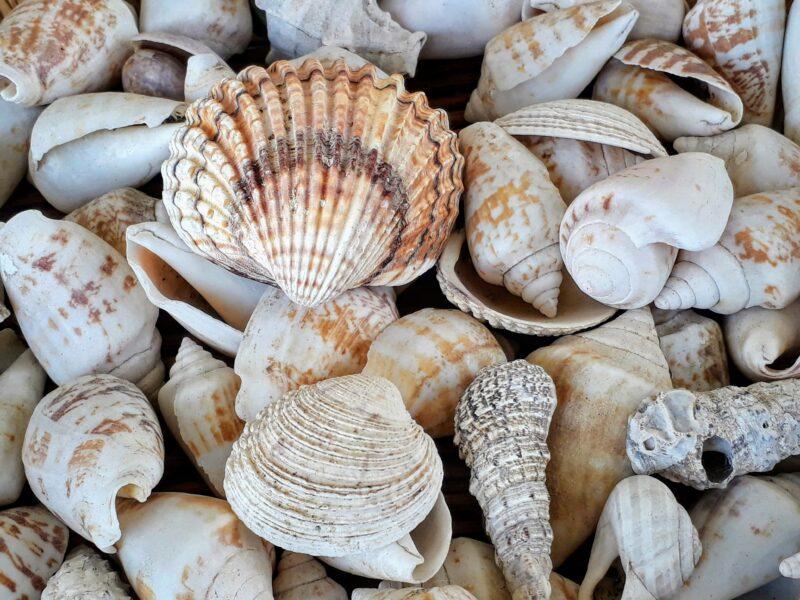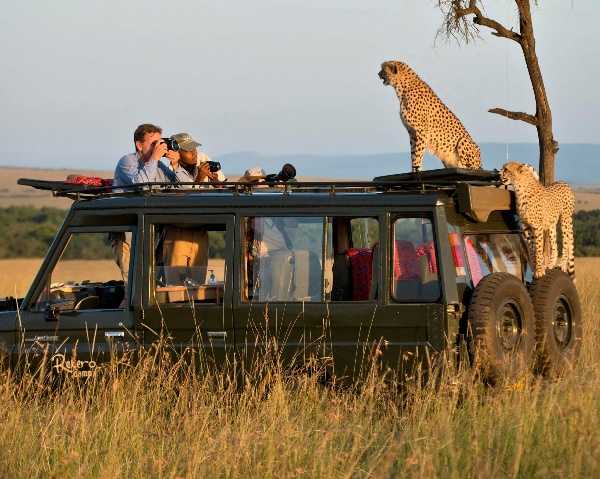The Covid -19 pandemic was very difficult for the travel industry. People stopped travelling and industry jobs were lost and with no tourist dollars coming in, conservancies and wildlife management suffered. Now travel is back, with people wanting to explore new destinations or returning to their favourite places.

While this is wonderful news, especially for the tourism economy and the workers in the tourism industry, travelling can also have some downsides – it can contribute to the rising fossil fuel emissions as well as put a strain on fragile ecosystems and cultures, not to mention the wildlife that is our precious heritage.
So what’s the solution? How do we balance the benefits of travel with the above issues?
The answer is Responsible Travel
Here are some tips about travelling responsibly
- Research the places you want to visit
Are they practicing sustainability of the environment and the communities amongst whom they live? Do they have systems in place for the conservation of wildlife, national parks and conservancies? Many properties are heavily involved in the conservation of the environment, wildlife and the communities around and staying at these properties will ensure your tourist dollars are making a difference.
- Getting there
By its very mode of operation, flying is not an environmentally friendly activity, however there are ways to reduce your carbon footprint. Try taking a direct flight to your destination if this is available, and also opt for a more energy efficient aircraft. This will lead to less jet fuel being burned to get you to your destination

- Choose your lodging wisely
Many properties practice ‘green tourism’ by having efficient waste management systems, and using renewable energy sources so as to have a minimal impact on the environment. Many of them work with the local communities around in creating job opportunities, in upgrading of basic infrastructure, in education and in the upholding of local culture and traditions. They also pass on a percentage of the tourist dollars earned to these communities.
- Pick your souvenirs carefully
Have you even been offered a cowrie shell while walking on the beach? Or an antique ivory tusk? Seen a coral necklace you were tempted to buy? Before purchasing these types of products, be sure to ask questions – where did they come from? What are they made of? How did the seller get them? Many such souvenirs are products of poaching, or are mislabeled to entice tourists. By making informed choices, or simply saying no, you can help reduce the market demand for trafficked and at-risk species.

- Be smart about plastics
Plastics are a modern day menace, polluting delicate ecosystems and endangering wildlife and marine wildlife. Kenya has taken a bold stand against single use plastics – single use plastic bags are banned all over the country, and single use plastic bottles/containers are banned in wildlife areas and beaches. Carry your own reusable water bottle wherever you travel, as well as tote bags for carrying things.
- Respect the wildlife
Never feed, taunt or harass the wildlife – this could be hazardous to both yourself and the animal. Remember these are wild animals but they will leave you alone if you keep a safe distance away and respect their space. Avoid shouting or speaking in loud voices when on a game drive – speak in low tones and avoid making sudden moves. Don’t visit tourist attractions where you are encouraged to have a hands on experience with the animals – the animals in these establishments are generally treated poorly and exploited, some being used to fuel the illicit trade in exotic pets or endangered animal parts.
- Discover new activities
Opt for sustainable activities that are ecofriendly like biking, kayaking, or hiking. Not only will you protect the environment, you may also have lots of fun and discover some unique sights.
Finally I will leave you with the thought that the world is not ours, we are merely stewards of our planet, to be held in trust for future generations.


Comment (0)